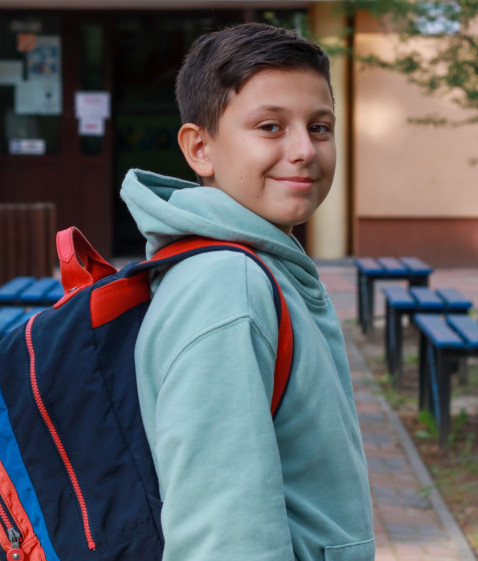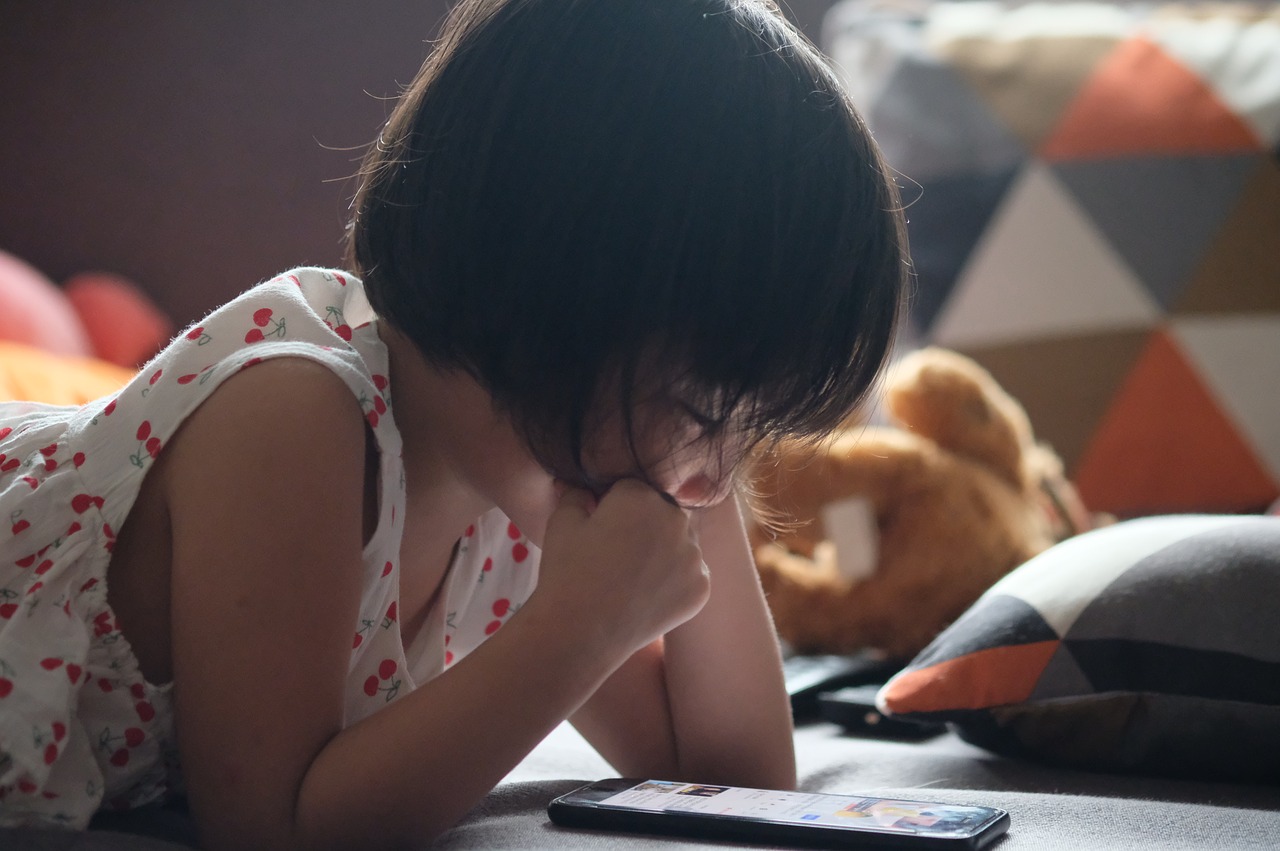Taming the Disorganized Child
By Maria Deniston, MS, OTR/L, Occupational Therapist and Jill Yochim, MA, Educational Specialist
 James, a middle-schooler, comes home from a long day at school and looks forward to downtime playing video games. After dinner, he searches for 15 minutes to find the scrap of paper where he wrote down his homework assignments, while his mother does the same, providing help that he does not appreciate. Read more ›
James, a middle-schooler, comes home from a long day at school and looks forward to downtime playing video games. After dinner, he searches for 15 minutes to find the scrap of paper where he wrote down his homework assignments, while his mother does the same, providing help that he does not appreciate. Read more ›


 For procrastinators, chunking is a useful strategy for breaking down large assignments into smaller, easier-to-tackle tasks.
For procrastinators, chunking is a useful strategy for breaking down large assignments into smaller, easier-to-tackle tasks. 
 While every parent hopes that his child will fit in and be accepted, making friends is not easy for all children.
While every parent hopes that his child will fit in and be accepted, making friends is not easy for all children. 
 Sara swept her vibrant red hair out of her face as she smiled up at me, clearly pleased with herself and seeking praise for the fact that she had completed her reading beautifully. What a change from the tentative reader I had met one year earlier.
Sara swept her vibrant red hair out of her face as she smiled up at me, clearly pleased with herself and seeking praise for the fact that she had completed her reading beautifully. What a change from the tentative reader I had met one year earlier. 
 Is your child struggling with the same behavior challenges in school without making progress? Does he or she have ADHD-like symptoms?
Is your child struggling with the same behavior challenges in school without making progress? Does he or she have ADHD-like symptoms?
 More and more parents understand the importance of reading to young children to promote literacy. Yet many parents are so eager to advance their child’s reading fluency that they neglect the importance of imaginative play in developing critical comprehension skills. So before you start to pack up the picture books and encourage your young child to read Harry Potter, make sure he’s getting plenty of opportunity to play.
More and more parents understand the importance of reading to young children to promote literacy. Yet many parents are so eager to advance their child’s reading fluency that they neglect the importance of imaginative play in developing critical comprehension skills. So before you start to pack up the picture books and encourage your young child to read Harry Potter, make sure he’s getting plenty of opportunity to play.
 “She won’t sit still at the dinner table.” “He pulls his sister’s hair and provokes her when I’m driving.” “He wants to crash into everything.”
“She won’t sit still at the dinner table.” “He pulls his sister’s hair and provokes her when I’m driving.” “He wants to crash into everything.”


